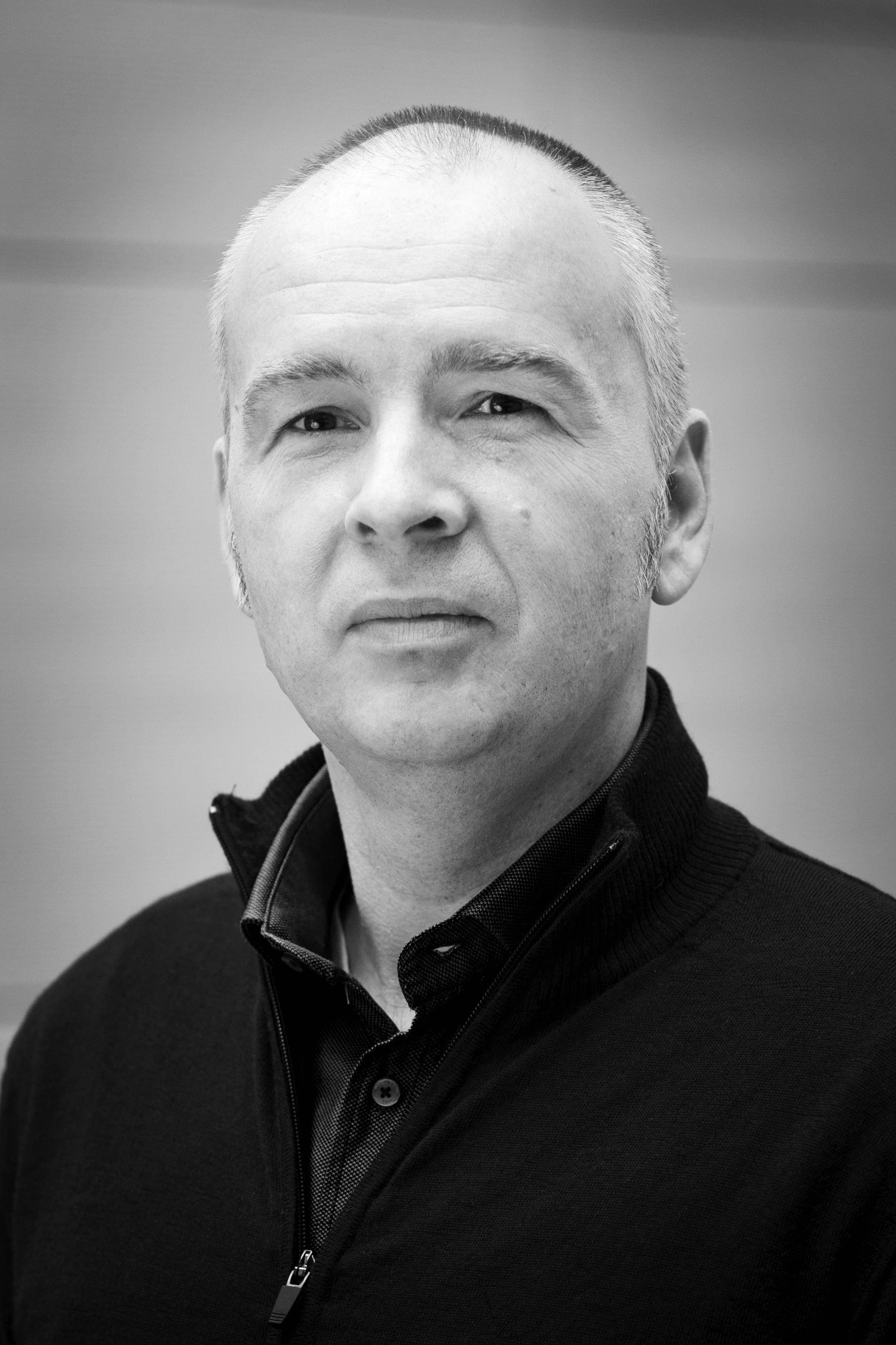 Christian Büscher
Christian Büscher
Studied sociology at the Bielefeld University and in Edinburgh (GB) with an emphasis on sociology of risk and technology. 1998 he received the German degree “Diplom” at Bielefeld University. He is a Fellowship holder of the DFG graduate school “Technisierung und Gesellschaft” of the TU Darmstadt. 2003 he received his Dr. phil. at the TU Darmstadt.
He is working on several projects as: Interdisciplinary Risk Research (Projektbeschreibung), Systemic risks in energy infrastructures (Projektbeschreibung ) and Knowledge policy (Projektbeschreibung).
His recent publications:
Büscher, Chr.; Mascareno, A.
Mechanisms of risk production in modern cities. Nature and Culture 9(2014)1, S. 66-86, DOI: 10.3167/nc.2014.090104
Büscher, Chr.; Schippl, J.
Die Transformation der Energieversorgung: Einheit und Differenz soziotechnischer Systeme. Technikfolgenabschätzung – Theorie und Praxis 22(2013)2, S. 11-19
About Energy and Society:
“The technical network of energy flow is completely neutral to communication; in other words, information is produced outside the network and can only be disturbed by ‘noise’. Causal relations between technological physics and communicated information are freed of overlap and take the form of structural coupling.”
(Luhmann, Niklas, 2012: Theory of Society – Volume 1, Stanford, California: Stanford University Press, p180).
Socialized at University of Bielefeld I came under the influence of the sociologists Klaus Peter Japp. He introduced me to the theory of Niklas Luhmann from the angle of risk research. Since then I’ am interested in systems theory. However, I’ am not a theoretician seeking to further develop Luhmann’s theory. My ambition is to use his ideas and apply them to recent events. Especially fascinating are phenomena in which social systems produce in “normal mode” repercussion on themselves or society as a whole; e.g. ecological problems, financial crisis, or the consequences of technological development in general.
The recent case of the German “Energiewende” is a prime example for how system-thinking is useful to learn about such a sociotechnical complex. It is not only physics if we talk about “energy”– it is also about organization, decision-making, or trust and confidence in systems. As technicians and engineers are occupied with the problem of volatile energy carrier, we like to think about “social volatility” as a problem of choice, participation, and trust in the envisioned energy system.
This interdisciplinary symposium tries to shed light to the complex of energy provision, transportation and distribution in the distinct dimensions of structure, institution and operation.
Dr. Christian Büscher | ITAS@ KIT | www.itas.kit.edu | http://www.energy-trans.de



